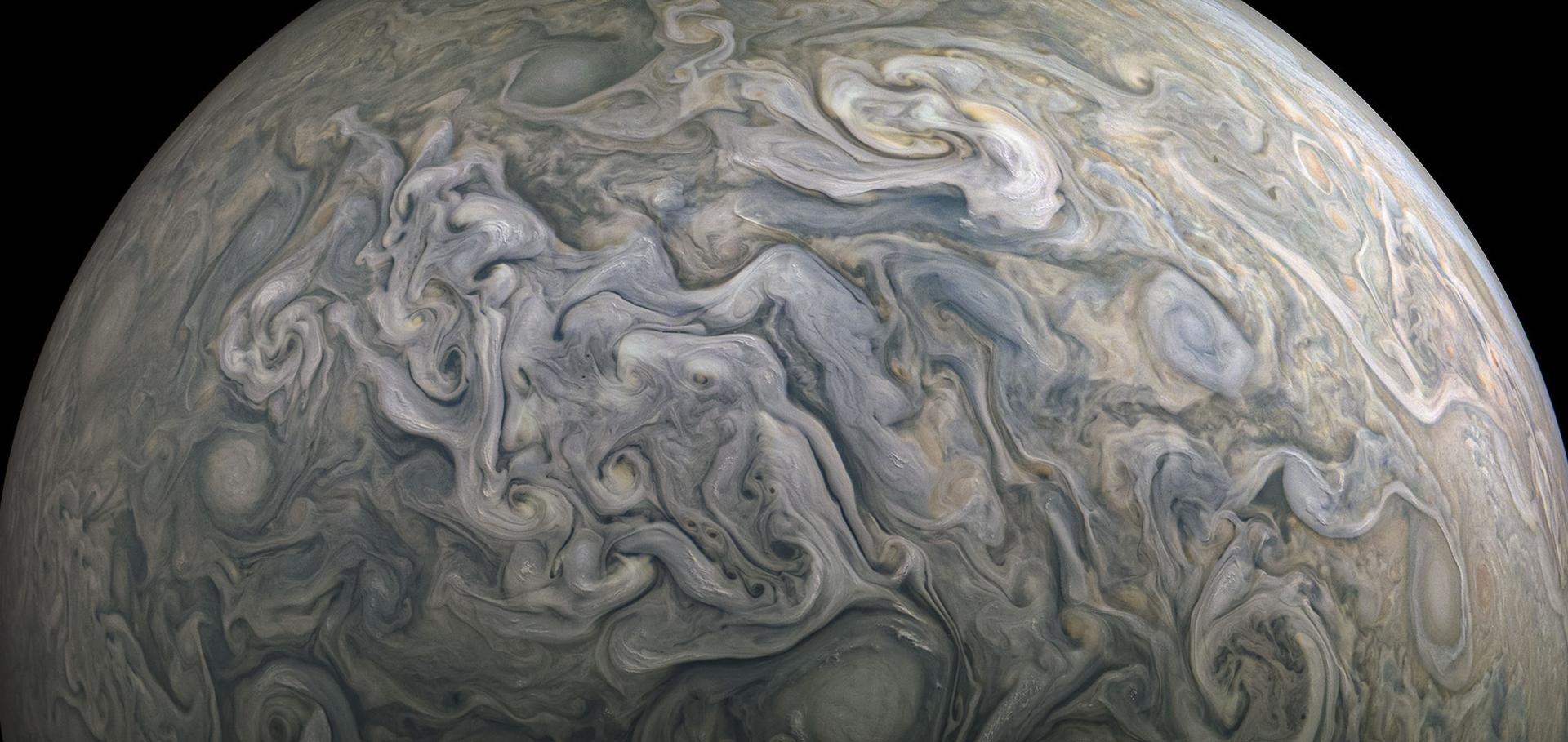Wind Speed Effects on Sea Surface Emission and Reflection for the Along Track Scanning Radiometer
Journal of Atmospheric and Oceanic Technology American Meteorological Society 13:1 (1996) 126-141
Distinguishing modulated oscillations from coloured noise in multivariate datasets
Climate Dynamics 12:11 (1996) 775-784
Abstract:
Extended empirical orthogonal functions (EEOFs), alternatively known as multi-channel singular systems (or singular spectrum) analysis (MSSA), provide a natural method of extracting oscillatory modes of variability from multivariate data. The eigen-functions of some simple non-oscillatory noise processes are, however, also solutions to the wave equation, so the occurrence of stable, wave-like patterns in EEOF/MSSA is not sufficient grounds for concluding that data exhibits oscillations. We present a generalisation of the "Monte Carlo SSA" algorithm which allows an objective test for the presence of oscillations at low signal-to-noise ratios in multivariate data. The test is similar to those used in standard regression, examining directions in state-space to determine whether they contain more variance than would be expected if the noise null-hypothesis were valid. We demonstrate the application of the test to the analysis of interannual variability in tropical Pacific sea-surface temperatures.CONTROL OF TROPICAL INSTABILITY WAVES IN THE PACIFIC
GEOPHYSICAL RESEARCH LETTERS 22:19 (1995) 2581-2584
Statistics in the environmental and earth sciences edited by A.T. Walden and P. Guttorp Edward Arnold, 1992, £49.50
Global Environmental Change Elsevier 4:2 (1994) 174-175
Investigating the origins and significance of low‐frequency modes of climate variability
Geophysical Research Letters 21:10 (1994) 883-886


